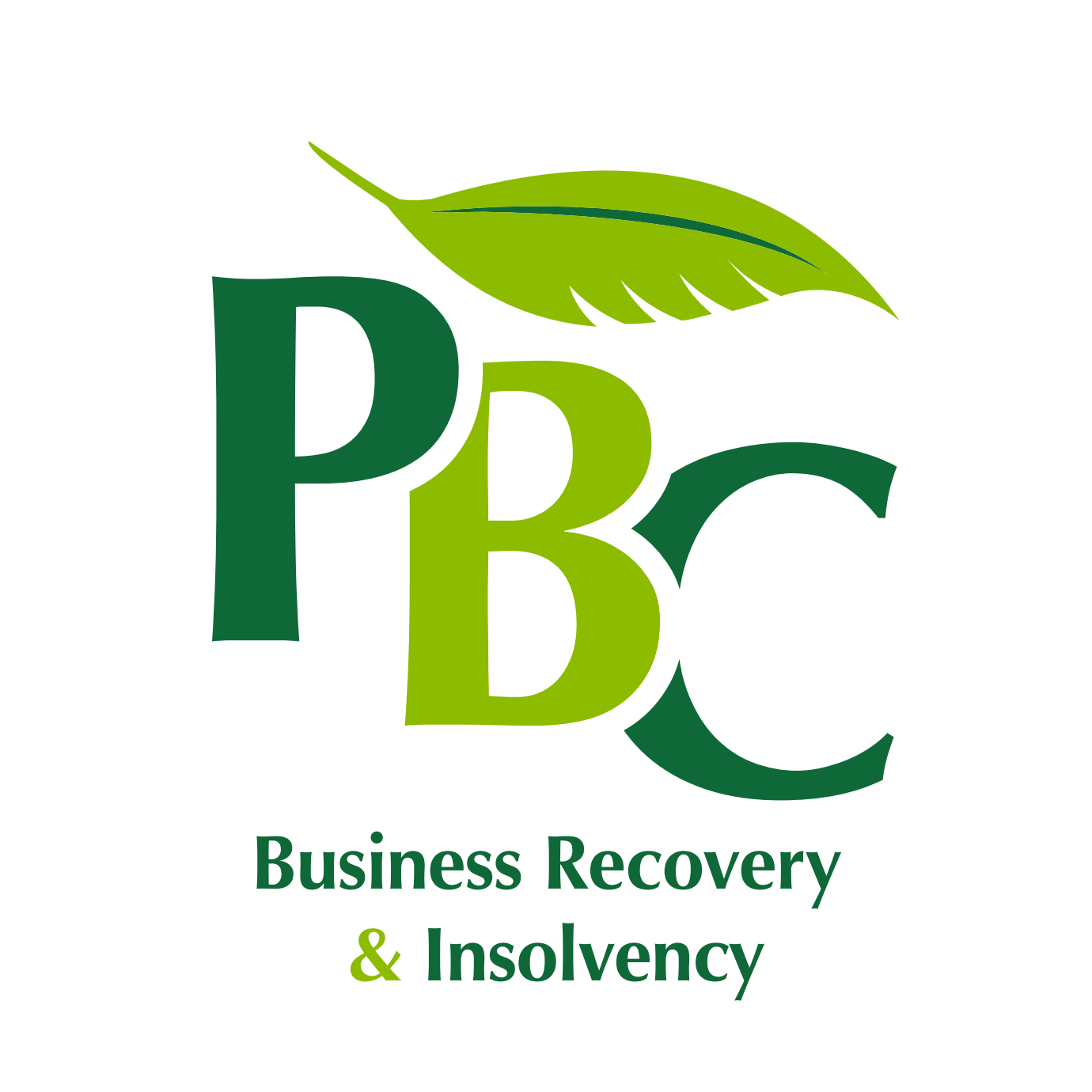Selecting the right accountant is a vital business decision. A good one can help a business save money and grow, while a bad one may do the opposite. However, deciding which accountant to work with can be a bit of a minefield. Here are our top tips to help you make the right decision.
Qualifications
Anyone can call themselves an accountant, whether or not they are professionally qualified. It is therefore important to ascertain what qualifications the accountant has and if they are regulated by a professional body. Check whether they have qualified through one of the main accountancy associations or institutions such as the Chartered Institute of Management Accountants (CIMA), the Institute of Chartered Accountants (ICAEW or ICAS) or the Association of Chartered Certified Accountants (ACCA). If the service they supply is not up to standard, you will be afforded some protection as they are required to hold Professional Indemnity Insurance.
Relevant expertise
Look at the client list of the accountant to see if they have experience in preparing tax returns and other financial documentation for companies that are similar in size and revenue to yours. Establish if they have worked in similar market sectors and have expertise in the particular areas of tax where you require advice.
Fees and division of labour
Be clear on the basis of the fees and when they will be payable. Check what is included and what you will be charged extra for, such as payroll or VAT. Find out which accounting system they use. If you have a compatible package, then you may be able to reduce the charges by doing some of the work in-house, particularly data-entry tasks. A cloud-based system will give your accountant access to your company information at the click of a button. In addition, by doing part of the process yourself you will be fully aware of incoming and outgoing money, so any potential problems can be identified and averted.
Be clear on what you expect from your accountant. Some will simply do the basics, managing your account and completing tax returns at year-end. Others will have a more proactive approach and be keen to make suggestions on how you can save money by offsetting expenses against tax and the like.
Chemistry
Be aware that the person you talk to at the initial meeting may not be the person doing the day-to-day work. It is important to meet the account manager so you can make a judgement on whether you feel comfortable, and if you can establish a good working relationship with them.
When things go wrong…
In May 2015 an unqualified accountant of Tunbridge Wells received a 12-year bankruptcy restriction order. This was for abusing his position of trust in his provision of accountancy services by misappropriating client funds to support his personal income, without the consent of his client.
Making a decision on which accountant to use can be difficult as there are so many different factors to consider. Don’t immediately go with the cheapest option as a cost-saving measure. Good tax and legal advice mean a high-quality accountant can effectively repay their fees, and more.


